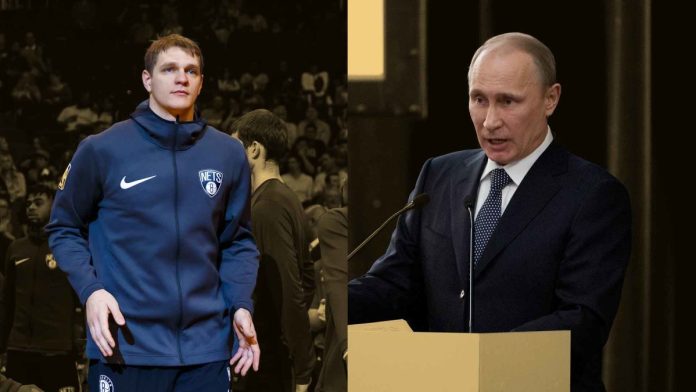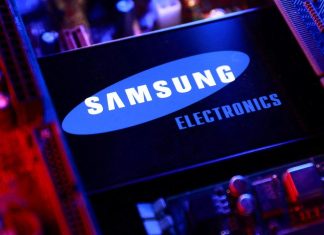Back in 2017, Timofey Mozgov stood alone as the NBA’s only Russian player. In an interview that year, he — then with the Los Angeles Lakers — looked back on the experience and admitted it wasn’t always easy.
One persistent challenge, he noted, was the steady stream of questions about Russian President Vladimir Putin. Mozgov went on to say he often felt many Americans continued to view Russia through an old Cold War lens — a picture, he believes, that no longer reflected the nation he recognized today.
“It seems to me that there are stereotypes of Russia [from] back in the day that are still there,”remarked Mozgov, per ESPN.
Cold War perceptions
Mozgov’s NBA journey began with a setback; he went undrafted in 2008. However, two years later, the 7’1″ big man signed with the New York Knicks and went on to carve out key roles with the Denver Nuggets and Cleveland Cavaliers. By the time he joined the Lakers in 2016, “Mozzy” was a seasoned veteran with the Finals experience and a reputation for steady, physical play on both ends of the court.
Off the floor, though, Mozgov often found himself in talks that had nothing to do with basketball. Many of those talks turned toward Russia — and, as he put it, were still colored by Cold War perceptions that lingered long after its end in 1991.
Starting in 1948, Americans viewed the Soviet Union, later Russia, as a shadowy, adversarial force — a nation scheming against the West and threatening global order. Those echoes, Mozgov noted, still surfaced in casual talks about his homeland decades later.
To him, that perception felt outdated. Born in 1986, he had seen firsthand — and heard from Americans who had traveled there — how different the modern Russia was from the one frozen in old stereotypes.
“I know a lot of [people who] have been in Russia and they say, ‘Oh, my god. This is different than what I thought,'” Mozgov emphasized.
Questions about Putin
Mozgov said he usually stayed out of politics, but in a way, he couldn’t avoid it. After all, the questions kept coming, often focused on the controversial Russian President Putin. Mozgov explained that whenever Putin was in the news, people in the US asked him what his “boy” was doing.
He said he couldn’t understand why those questions were directed at him, insisting he had no closer connection to Putin than anyone else, nor any special intel.
“He’s not my boy. He’s my president, but he’s not my friend. And he never asks me what to do,” said Timofev.
While Mozgov admitted he didn’t know Putin’s true intentions, he said he believed leaders everywhere generally act with their people’s best interests in mind.
“Some of the things he (Putin) does, like Trump, like Obama, like American presidents, they try to make their country better — it’s the same way everywhere,” he said. “If I was president, I would be the best to my people.”
Mozgov was also asked about the growing political closeness between Putin and Trump after the latter had become president for the first time a year earlier. Again, Mozgov made it clear he wasn’t particularly drawn to that sort of thing, but on one point he stayed firm: connecting nations is never a bad idea.
“I don’t know why being friends with somebody is bad,” he said. “It’s better than fighting against each other.”
The 39-year-old was certainly right about that — though, unfortunately, most world leaders don’t seem to share that view. In recent years, flashpoints of tension between countries — even full-scale wars — have been steadily rising wherever you look on the globe.
This story was originally reported by Basketball Network on Nov 17, 2025, where it first appeared in the Off The Court section. Add Basketball Network as a Preferred Source by clicking here.






